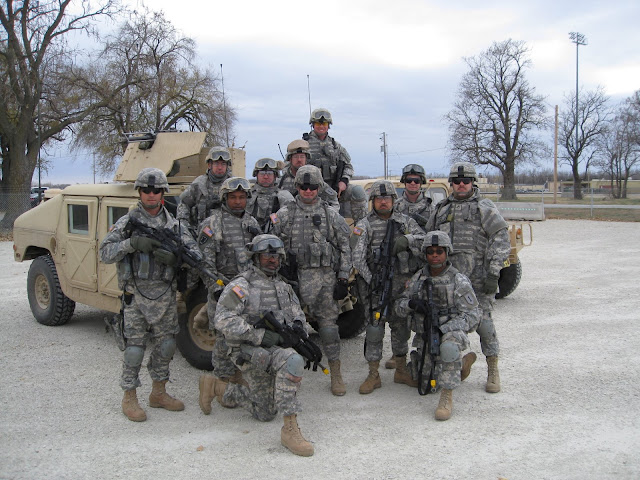This article is from the website, myarmylifetoo.com - a resource meant for the military member and their families.
By Kirsten Cukor for LIFELines
You married for the long term — until death do you part — but as a military spouse, you’ll probably be apart many times before then, when your spouse deploys. By marrying into the military, you’ve shown you are made of tougher stuff than the average spouse. With a little work, you and your marriage will prosper. You Have What It Takes Looking at some recommended qualities of a healthy marriage, you’ll find several you already possess and others you can develop. Attitude Separations can be hard on relationships, but they can also strengthen them. Discuss ahead of time how you can both work at drawing closer while you're apart. Learn all you can about your spouse's job and the service. Military programs for spouses, such as the Army's Community Services Programs, the Navy's COMPASS, the Air Force's Heart Links, and the Marine Corps' Lifestyle Insights, Networking, Knowledge and Skills (LINKS), can help. Communication Takes Work Learn to communicate and resolve conflict in positive ways. You can be direct about your feelings without being hurtful. Sometimes our natural impulses are not the most productive, and practicing our verbal skills can help, especially for long-distance relationships. Disagree and Still Succeed People in successful marriages don't always have to agree. A 2002 U.S. Department of Health and Human Services report states that while most couples disagree about the same basic issues, couples in healthy marriages understand and accept inevitable disagreements and learn how to handle them. Strategic Retreats You can also take advantage of some of the marriage enrichment programs offered at your duty station. For instance, the Navy offers marriage retreat programs around the world. These programs are not just for marriages with problems; they can help you avoid problems before they arise. The offerings vary somewhat between military branches, so see your chaplain or family services office. LCDR Bob Vance, chaplain at the Naval Security Group Activity, Kunia, Hawaii, recommends the Prevention Relationship Enhancement Program (PREP), either right before a deployment or as soon as the service member comes home. "Communication is a big factor in a deployment. Not only the connection, but how and what you communicate," he said. Vance recommends both PREP and Chaplain's Religious Enrichment Development Operations (CREDO), to "give insights to better ways of keeping the marriage fresh, even though you might be 12 time zones away." Establish a Support System and Get Involved Meet others in similar situations at local churches, clubs, and military family/spouse groups. Unit activities, such as your Family Readiness Group, Key Volunteers, or Ombudsman program, provide opportunities to help others — and there's nothing better than serving others for healing yourself. Take Care of Yourself If you need additional support, talk to your health care provider or chaplain. There is no shame in getting help when you need it. Sometimes courage is simply accepting help when you need it. Vance suggests that personal counseling may be a good idea for those who are struggling. "Most of the chaplains have been there and realize how tough it can be," he said. The task ahead may feel a little overwhelming, but remember you are not alone. You now belong to a proud and supportive group, one that loves to mentor new members. You can do this, and with some determination and commitment, you can do it well.
Current Date and Time in Mosul
Tuesday, October 23, 2007
Subscribe to:
Post Comments (Atom)

No comments:
Post a Comment